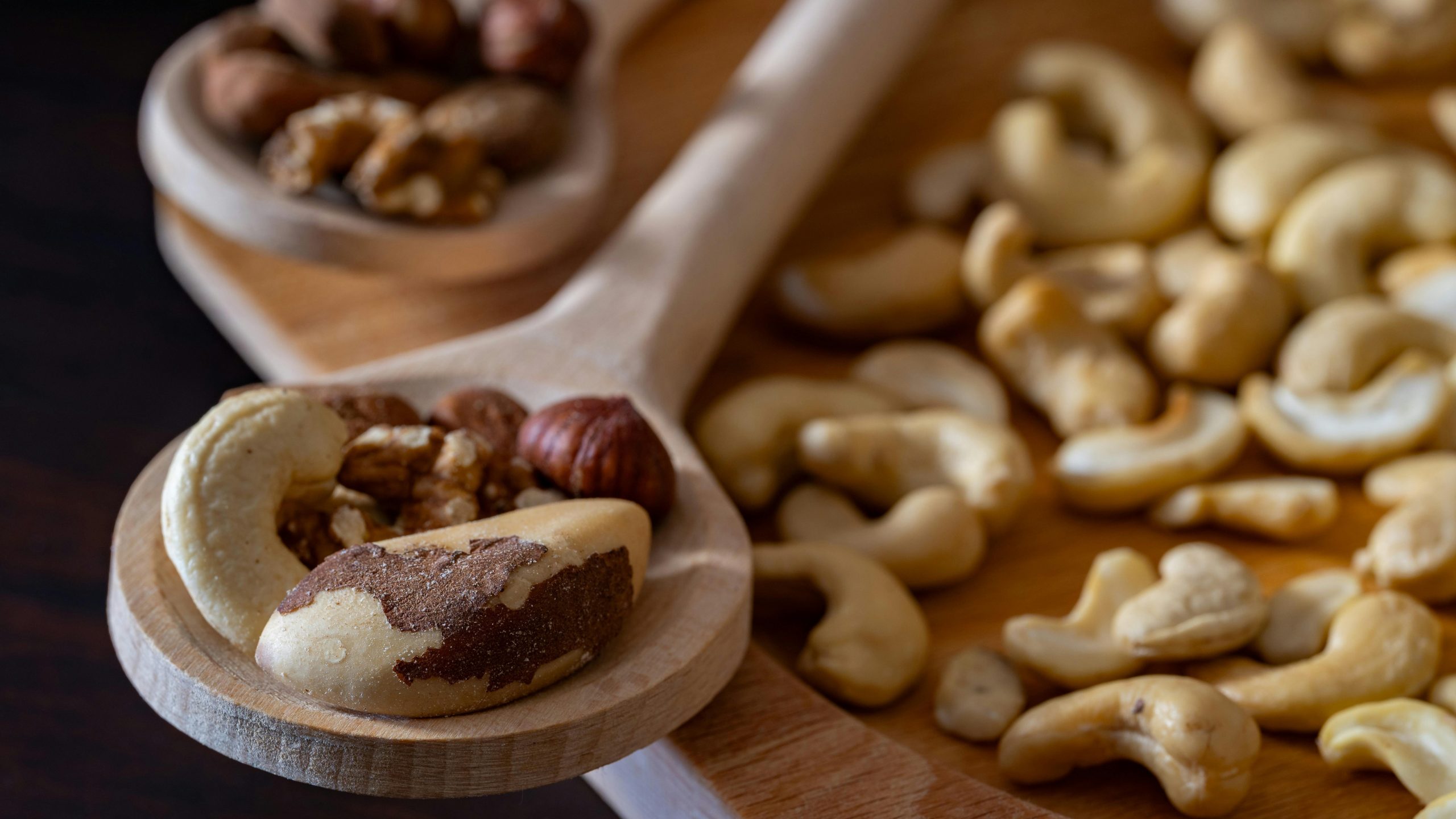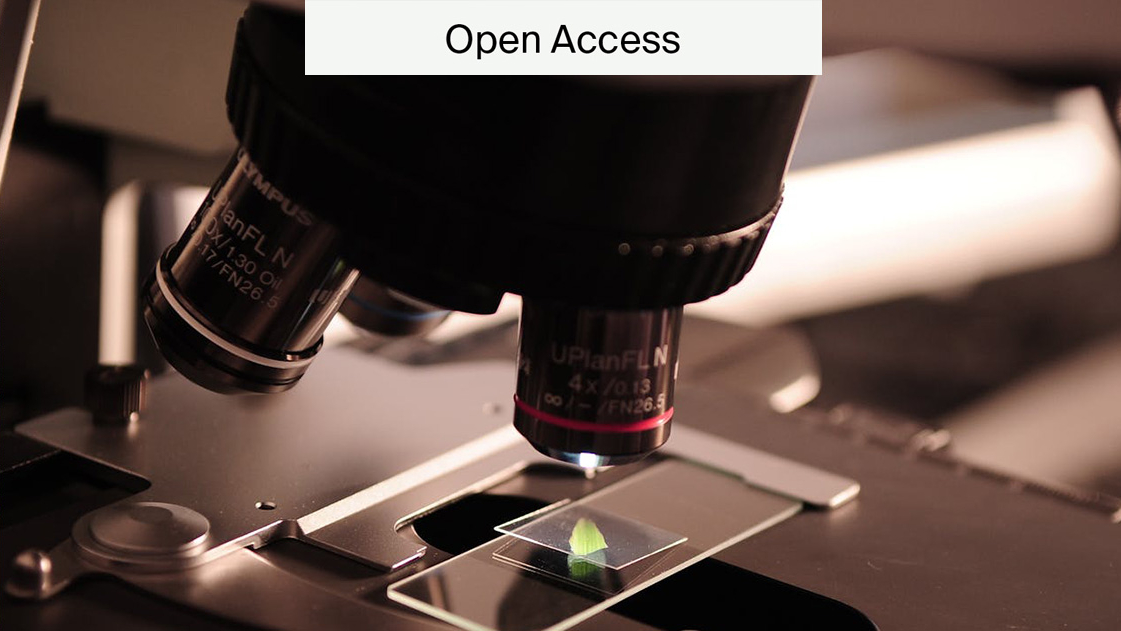
Mushrooms for Gut Health
Our knowledge of the gut microbiota and how it can benefit the human body is continuing to grow. Health and wellness is a field that is gaining traction and popularity, as its importance is being recognised by billions. Mushrooms have also been gaining a lot intrest in this field.
In 2020, the health and wellness market globally was estimated at over 4.3 trillion U.S. dollars a year. It’s estimated that by 2025, this figure will increase exponentially to almost 7 trillion U.S. dollars.
Gut microbiota have been a huge trend in the world of health and wellness, as have the nutritional value and health benefits of mushrooms. Mushrooms have been shown to have a lot of nutrients that benefit the gut. In particular, mushroom dietary fibre has gained a lot of interest over the past few years. In this article, we explore how mushrooms can benefit the gut as well as other areas of the body.
Gut microbiome
Microorganisms live symbiotically on and in the human body in various locations, including the skin, oral cavity, digestive system, respiratory system, and urogenital system. However, 95% of microorganisms inhabit the gastrointestinal tract, which is home to around 160 microbial species. This is made up of commensal and pathogenic bacteria, which, in a healthy individual, live symbiotically. A healthy balance of the gut microbiota has been linked to various important processes in the human body, providing many health benefits to the host. This includes energy homeostasis, immune system regulation, and metabolism.
It’s recently been discovered how important maintaining a healthy balance of microbiota in the gut is for human health. Poor gut health can increase the risk of developing certain diseases, such as type 2 diabetes, obesity, irritable bowel syndrome, irritable bowel disease, and a wide range of cancers. As well as this, poor gut health majorly affects the immune system, as 70–80% of immune cells reside in the gut. This can leave the host vulnerable to various pathogens and viruses. Furthermore, poor gut health has also been linked to the development of autoimmune and neurodegenerative diseases as well as poor mental health.
Because of this, maintaining a healthy gut balance of microbes has never been more important. However, in modern-day society, it’s increasingly difficult to achieve this balance, as many factors can throw off this balance. This includes lifestyle factors such as diet, stress, sleep deprivation, a lack of physical activity, and the consumption of ultra-processed foods.
Supplements have become increasingly popular to help maintain this balance. There are three main types of these supplements: prebiotics, probiotics, and postbiotics. The International Scientific Association for Probiotics and Prebiotics (ISAPP) have developed definitions for each of these supplements.
Probiotics
“Live microorganisms that, when administered in adequate amounts, confer a health benefit on the host”. – ISAPP definition of probiotics.
They can be found naturally or in synthesised form. Natural sources include food sources such as yoghurt, kefir, tempeh, kimchi, kombucha, and other fermented foods such as sauerkraut.
Postbiotics
Postbiotics are non-living microbes that retain their biological activity. Researchers identified that non-living microbes can also facilitate health benefits for the host.
“The preparation of inanimate microorganisms and/or their components that confers a health benefit on the host”. -ISAPP definition of postbiotics.
Postbiotics are metabolic products or substances that are secreted by probiotics when feeding on prebiotic fibres. They are considered to be waste products produced from probiotics. However, they have many health benefits for the host as they have a variety of nutrients, including vitamins B and K, amino acids, and antimicrobial peptides, which help to reduce the growth of harmful bacteria.
Prebiotics
“A substrate that is selectively utilised by host microorganisms conferring a health benefit”. – ISAPP definition of prebiotics.
They are non-digestible foods that encourage the growth of specific beneficial bacteria, promoting the health of the host. They are in foods such as grains, bananas, onions, and garlic. Recently, researchers have been investigating other sources of prebiotics, such as mushroom dietary fibre.
Mushroom dietary fibre
Mushrooms have historically been recognised for their medicinal value as well as a food source. However, their effects on the gut microbiota are only now being fully understood. This includes the valuable properties of mushroom dietary fibre, encouragesa bioactive molecule found in the mycelia, fruiting bodies, or sclerotia of edible or medicinal mushrooms. The fibre encourages the growth of beneficial microorganisms in the gut.
Mushrooms also contain a wide variety of other bioactive compounds, including proteins, vitamins, and minerals, which can improve health and wellness. For example, a wide range of mushroom varieties have been shown to exert antioxidant, antimicrobial, anti-inflammatory, and anticancer effects. In particular, dietary fibre is suggested to positively affect blood sugar, blood pressure, lipid metabolism, and inflammation. Encouraging the growth of specific microbes in the gut can improve health by altering the gut microbiota balance as well as inhibiting pathogens.
Because of the positive impact mushroom dietary fibre has on the gut, it is being considered a potential prebiotic.
Mushroom dietary fibre as a prebiotic
The full potential of using mushroom dietary fibre as a prebiotic is only just being realised. When compared against other dietary fibre sources such as grains, vegetables, and fruits, mushrooms are more versatile as they are rich in types of dietary fibre that are suitable for a wide range of populations, including children and those with diabetes. A recent review published in Journal of Fungi investigates the potential of mushroom dietary fibre as a prebiotic, detailing its impact on gut microbiota and its health benefits.
The researchers explain that dietary fibre plays a major role in host health as well as being a nutritional source for the gut microbiota. They note that decreases in dietary fibre intake are associated with a decrease in gut microbiota abundance. Furthermore, they discuss that various studies have found that dietary fibre in mushrooms has a regulatory effect on gut microbiota.
During the fermentation of mushroom dietary fibre, the gut microbiota produces short-chain fatty acids (SCFAs). SCFAs are an energy source for colonic epithelial cells, and because of this, they play a huge role in cell renewal and recovery. SCFAs can also affect the intestinal mucosal barrier and play a vital role in maintaining the health of the intestine.
Other health benefits of mushroom dietary fibre
The researchers identified many health benefits that were linked to mushroom dietary fibre. This included improving metabolic syndrome (MS), immunomodulatory effects, antitumor effects, and the prevention and treatment of gastrointestinal diseases. These effects were influenced by the production of SCFAs, which positively contributed to these health benefits. It is suggested that SCFAs participate in the regulation of the host’s metabolic and immune responses.
Conclusions
The researchers concluded that further research needs to be done to identify the full spectrum of metabolites produced from mushroom dietary fibre and the effects that they have on host immunity. Additionally, they also note that further research is needed into how mushroom dietary fibre helps regulate gut microbiota.
Finally, they conclude more research is required to realise the goal of targeted treatment and prevention of diseases using mushroom dietary fibre using both animal and human models.
Combining mushrooms with probiotics
Mushrooms have a lot of potential in the health and wellness industry. A study published in Fermentation investigates the benefits of producing a fermented food that combines Limosilactobacillus reuteri with mushroom powders. Fermented foods have recently gained popularity in the health and wellness fields. They can contain natural probiotics or they can be added to foods. The researchers produce cheese fermented with L.reuteri and mushroom powders to investigate potential psychobiotic effects.
Psychobiotics were originally defined by the ISAPP as probiotics with a mental health benefit. However, the term has now been expanded to include probiotics, which encourage the growth of beneficial gut bacteria that benefit mental health. L. reuteri has been shown to have a range of health benefits, including anti-inflammation and GABA-production capacity, as well as modulation of pathogen and cancer cell growth.
Mushrooms help to inhibit the effects of ageing
Globally, humans are living longer. Globally, the average living age is just over 70 years and is constantly increasing. Because of this, ageing is becoming a problem that is affecting more of the population. Ageing is the decline of physiological functions, which can result in frailty.
Frailty is characterised by a decline in bodily functions and psychological reserves that can affect multiple body systems. Cognitive decline is associated with brain ageing, causing a range of morphological and functional changes in the brain. This can result in cognitive impairment, motor disorders, and emotional disturbances.
Hericium erinaceus, also commonly known as lion’s mane mushroom, promotes the growth of beneficial bacteria in the gut.
A recent MDPI study published in Biology investigates how encouraging the growth of beneficial bacteria in the gut by consuming H. erinaceus can protect against age-related cognitive decline. If you would like to read more about lion’s mane mushrooms, see our recent article.
Beneficial effects of mushrooms
H.erinaceus is a mushroom that is both edible and medicinal; it has a wide range of health benefits. It produces over 70 bioactive metabolites, which contribute to its medicinal properties. This includes anticancer, antioxidant, anti-senescence, neuroprotective, and anti-depressive activities. In addition, H. erinaceus has also been suggested to have a psychobiotic effect on the host.
The researchers investigated the effects of H. erinaceus supplementation on elderly mice. They saw how H. erinaceus affects the composition of gut bacteria by analysing the stools of the mice via gene sequencing tecniques. Furthermore, the researchers also analysed the mice’s hippocampal cognitive performances and structural morphology, inflammaging, and senescence markers in the hippocampus.
Results
The researchers identified multiple benefits of using H. erinaceus as a probiotic. This includes modulating the gut-intestinal microbiota as well as exhibiting psychobiotic effects on the host. They
also identified improvements in the symptoms of cognitive frailty and a decline in inflammation in the brain. This was primarily identified in the hippocampus region, which is crucial in memory and consolidation processes.
They concluded that, because of these effects, H. erinaceus could be utilised in microbiome modulation therapies promoting age-delaying and longevity-promoting effects.
Summary
Historically, mushrooms have been used for their medicinal and nutritional properties. However, now researchers are discovering their full potential in balancing healthy gut microbiota in the gut and how this can improve health.
If you would like to read more about how gut supplements can improve health, please see our recent article on probiotics.











Great read! Maintaining gut health is so important for overall well-being, and I appreciate the helpful insights shared in this post. Looking forward to learning more tips and advice on this topic!
Hi,
Thanks for taking the time to read our article and leaving this comment.
All the best.
I learned so much from this article. It’s great to see gut health being highlighted as part of a healthy lifestyle!
Thanks for taking the time to read our article and leaving this comment.
All the best.
Thanks for this article.
Hi,
Thank you for reading the article and leaving a comment. It is much appreciated.
All the best.